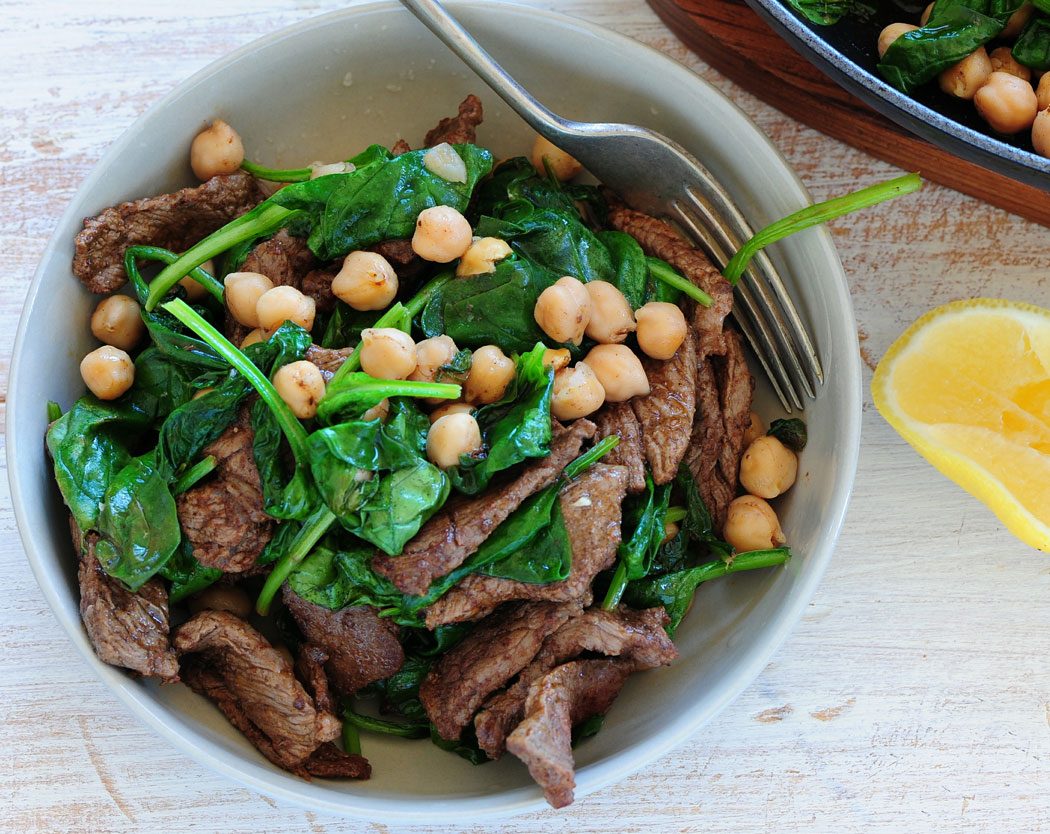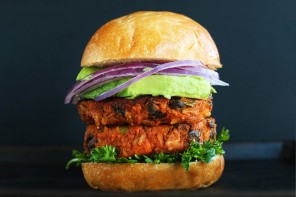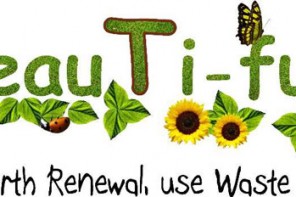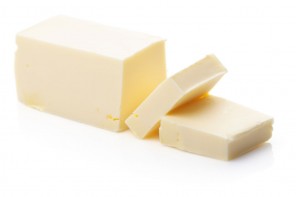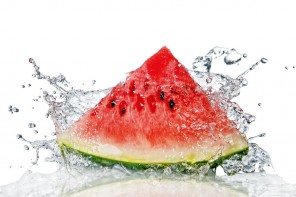2016 is the international year of pulses and with their positive effect on climate change, we should all be reaching for more chickpeas, kidney beans and lupines.
How Pulses Improve the Soil
Pulse crops feed the soil with various compounds that boost the diversity and quantity of soil microbes. This is important because crops will grow much better in soil that has a variety of organisms in it to break down nutrients to feed plants and help them grow.
Preventing the Need For Chemical Fertilizers
Most pulse crops are able to pull nitrogen from the air themselves, preventing the need for nitrogen fertilisers to be used. They can also create nitrogen down in the soil which remains even after the plants die. This encourages the growth of future crops.
Producing Pulses Doesn’t Require Lots of Land
One-third of the world’s arable land is used to cultivate livestock feed crop. Organic pulses can be grown on just a few acres of land, which prevents lots of resources from being used. This is much healthier for the environment.
Pulses Fill the Gap in Our Diets
With so many more people taking on vegan and vegetarian lifestyles, the lack of protein in our diets is remedied with pulses. They’re packed with this nutrient. You need 46 grams of protein a day, and half a cup of pulses can give you almost 18 grams.
They’re Water Wise!
Another great reason why we should be growing more pulses is because they don’t require much water. Their low water footprint means they can also deal with drought – which is a big plus if you consider the droughts that have been striking all over the world. Check this out: one pound of beef needs approximately 1800 gallons of water to get produced but one pound of pulses will require just 43 gallons.
Pulses Prevent Food Waste
Pulses have a shelf life of months or even years without the loss of freshness or nutrition, and they don’t require refrigeration. All this prevents them from going stale and being thrown away, which makes them a highly sustainable food.
Image credit: jules:stonesoup via Foter.com / CC BY

